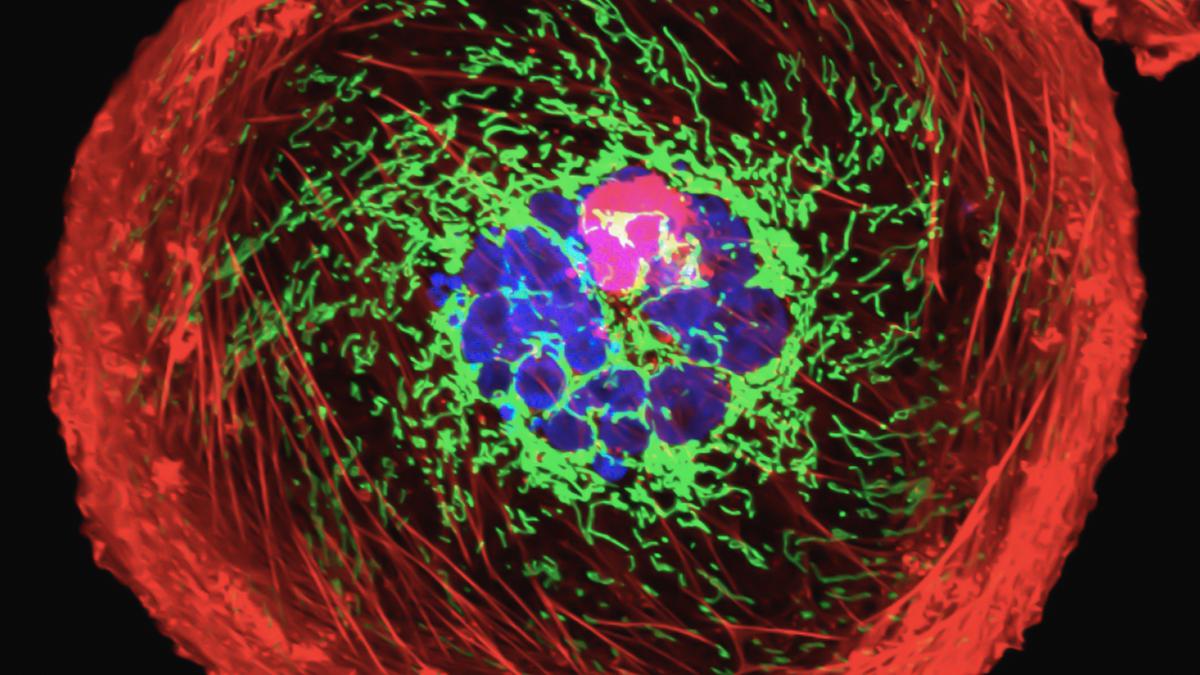October 18, 2023
Unraveling Drug Resistance in Cancer Cells: Netherlands Cancer Institute
Unraveling Drug Resistance in Cancer Cells: Insights from Recent Research at the Netherlands Cancer Institute



Introduction
In a recent breakthrough, researchers at the Netherlands Cancer Institute delved into the intricacies of drug resistance in cancer cells, with a specific focus on resistance to the potent drug, Taxol. This study sheds light on the challenges in chemotherapy, particularly when a small faction of cancer cells evades treatment, lying dormant and potentially sparking a resurgence of the disease. This reframing will explore the nuances of chemotherapy’s limitations, the fine-tuning of cancer treatment, and the pivotal role of cellular location in drug resistance.
Chemotherapy: A Double-Edged Sword
Cancer cells are notorious for their unbridled and swift division. Chemotherapy intervenes by disrupting this rapid proliferation, often inducing programmed cell death, or apoptosis. However, this approach is not without its drawbacks. The collateral damage to healthy dividing cells results in significant adverse side effects.
Fine-Tuning Cancer Treatment: The Quest for Precision
Oncologists grapple with a formidable challenge – finding the optimal drug dosage that eradicates cancer cells while mitigating the unbearable toll on patients. A promising avenue has been the development of antibody-drug conjugates (ADCs) that target specific proteins primarily found on cancer cells, sparing non-cancerous counterparts.
Unraveling the Mechanisms of Drug Resistance
P-gp Protein and ABCB1 Gene: A Critical Nexus
Some cancer cells deploy a cunning strategy to resist treatment by overproducing a protein known as P-gp, which acts as a pump, expelling toxic compounds, including chemotherapeutic agents. This overproduction is regulated by the ABCB1 gene. Cells that amplify P-gp can effectively flush out chemotherapy drugs, thwarting their accumulation to levels necessary for apoptosis induction.
The Significance of Cellular Location
Recent revelations have illuminated the pivotal role of the cellular nucleus in sensitivity to Taxol. In cells that respond favorably, the ABCB1 gene is in close proximity to the nuclear envelope. Conversely, in resistant cells, the gene detaches from the envelope and migrates deeper into the nucleus, resulting in a staggering 100-fold surge in ABCB1 gene-related RNA.
The Lamin B Receptor (LBR): Orchestrating Genetic Response
Researchers unearthed a critical player in this intricate process – the Lamin B Receptor (LBR). The presence or absence of LBR exerts profound influence over the location of the ABCB1 gene. When LBR is depleted, cells gain the ability to activate the ABCB1 gene upon exposure to Taxol. Interestingly, the absence of the LBR gene itself does not immediately elevate ABCB1 expression, hinting at the involvement of additional factors.
Diverse Responses: Unraveling the Complexity
Distinct cancer types manifest varying responses to LBR depletion, underscoring the complex web of mechanisms governing gene expression and silencing. A simple analogy draws a parallel: just as different bathrooms offer various options for drying clothes, different cancer cell types rely on distinct mechanisms to anchor genes to the nuclear envelope.
Significance: Paving the Way for Tailored Cancer Therapies
These groundbreaking findings underscore the imperative for further research into the multifaceted ways in which cancer cells modulate gene expression. Understanding the mechanisms of drug resistance presents an invaluable opportunity to devise strategies that uphold the efficacy of anti-cancer drugs while minimizing the toll of side effects. Ultimately, this research stands to significantly benefit patients on their arduous journey towards recovery.
October 17, 2025
October 16, 2025
October 6, 2025
September 24, 2025
September 23, 2025
